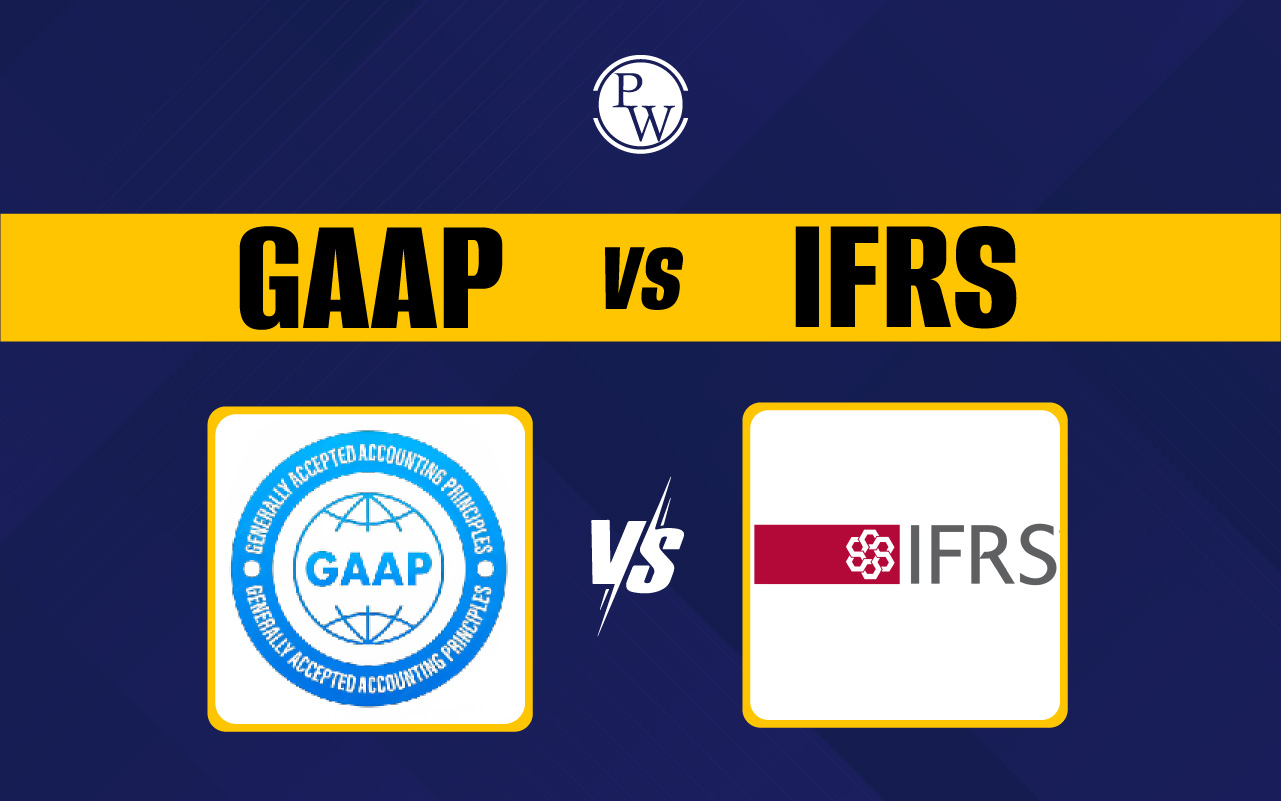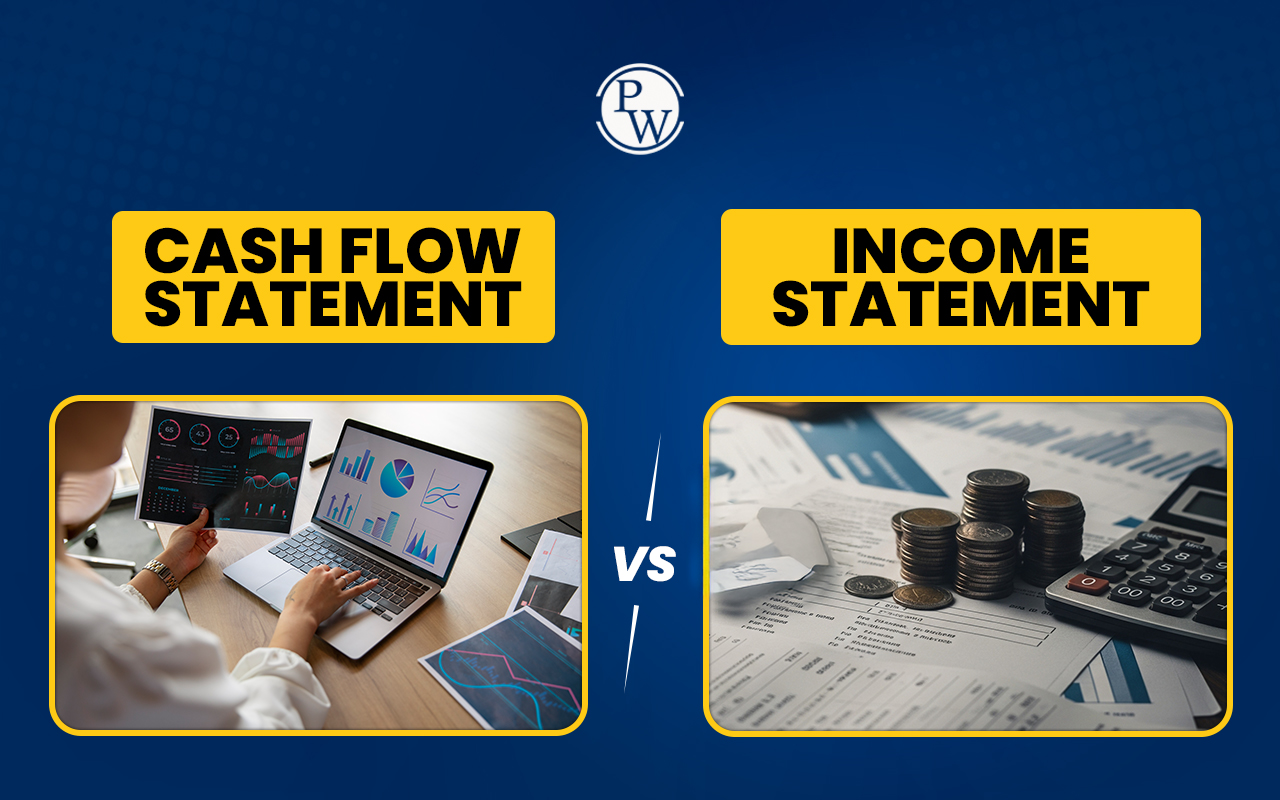

Finance certification courses are meant for professional programmes. All of these programmes are designed in order to provide knowledge, skills, and credibility in the field of finance. This course, over the period, has gained a lot of attention and demand among the students.
In 2025, these courses will have gained popularity among working professionals and students seeking specialization beyond traditional degrees. They provide practical expertise, industry recognition, and career advancement opportunities. This guide covers key finance certifications, eligibility, skills gained, and career scope.
What are Finance Certification Courses?
Finance certification courses are short-term or long-term programmes that validate a professional’s knowledge in areas such as accounting, investment, financial planning, and risk management. Unlike a traditional finance degree, certification courses are skill-focused, offering practical learning and industry-recognised credentials.
| Finance certification courses | |
| Feature | Details (2025) |
| Duration | Few weeks to 2 years depending on certification |
| Curriculum | Focused on finance domains like investment, accounting, risk, and financial planning |
| Assessment | Exams, projects, case studies, and online assessments |
| Recognition | Globally recognized certifications like CFA, CFP, CMA |
| Outcome | Skill validation, professional credibility, career advancement |
| Examples | CFA, CFP, CMA, CFS, ChFC |
Importance of Finance Certifications for Professionals
There are several important aspects of finance certifications for professionals. But one of the major importance is that it enhances the credibility and demonstrates specialized knowledge. One must consider getting such certifications as it also help them in their long-term career. Check the table for more insights on the Importance of Finance Certifications for Professionals
| Importance of Finance Certifications for Professionals | |
| Benefit | Details |
| Career Advancement | Opens higher-level job opportunities |
| Specialized Knowledge | In-depth understanding of financial markets, accounting, and planning |
| Global Recognition | Certifications like CFA and CFP are recognized worldwide |
| Skill Enhancement | Focus on practical finance skills beyond academic learning |
| Networking Opportunities | Connects professionals with peers, mentors, and industry leaders |
Certifications vs Traditional Finance Degrees
In case you are getting confused between certifications and traditional degrees, then we have got you covered. Here is the table that details careers based on the term of duration, cost, focus, and recognition that help one in better decision-making.
| Certifications vs Traditional Finance Degrees | ||
| Aspect | Finance Certification Courses | Traditional Finance Degrees |
| Duration | Short-term to 2 years | 3–4 years (Bachelors), 1–2 years (Masters) |
| Cost | Moderate; lower than degree programmes | Higher tuition fees |
| Curriculum | Skill-specific and practical | Broad and theoretical |
| Recognition | Industry-recognized credentials | Academic recognition, global degrees |
| Career Impact | Quick skill-based roles, higher credibility | Foundation for long-term career and higher studies |
| Flexibility | Can be done alongside job | Full-time commitment required |
Eligibility Criteria for Finance Certifications
Provided here is the complete Eligibility Criteria for Finance Certifications. So candidates or learners must check these out and fulfill the requirements to get themselves enrolled in these financial certification courses.
| Eligibility Criteria for Finance Certifications | |||
| Certification | Educational Qualification | Work Experience | Other Requirements |
| CFP | Bachelor’s degree or equivalent | 3 years in finance/planning | Pass CFP exam, adhere to ethics code |
| CFA | Bachelor’s degree or final year student | 3 years relevant professional experience | Pass 3-level exams, adhere to CFA Code of Ethics |
| CMA | Bachelor’s degree | 2 years in management accounting | Pass 2-part exam, continuing education |
| CFS | Bachelor’s degree preferred | Optional | Complete course and exam, continuing education |
| ChFC | Bachelor’s degree | Optional | Pass required exams on finance topics |
Skills Gained From Finance Certifications
Learners once enrolled in Finance Certifications get an opportunity to learn several new skills. These skills range from planning to wealth management; they cover all.
| Skills Gained From Finance Certifications | |
| Certification | Skills Acquired |
| CFP | Retirement planning, estate planning, risk management, taxation |
| CFA | Investment analysis, equity research, financial reporting, portfolio management |
| CMA | Management accounting, decision support, budgeting, performance management |
| CFS | Mutual fund management, portfolio construction, investment advisory |
| ChFC | Comprehensive financial planning, insurance, taxation, wealth management |
Career Opportunities After Certification
Finance certification courses create new career options. Professionals can work in investment, accounting, financial planning, and management. These certifications increase credibility and open doors to higher roles and better growth.
| Career Opportunities After Certification | ||
| Certification | Potential Roles | Average Salary 2025 (USD) |
| CFP | Financial Planner, Wealth Manager | $18,000 – $35,000 |
| CFA | Investment Analyst, Portfolio Manager | $28,000 – $60,000 |
| CMA | Management Accountant, Finance Manager | $23,000 – $48,000 |
| CFS | Fund Specialist, Investment Advisor | $20,000 – $32,000 |
| ChFC | Financial Consultant, Estate Planner | $21,000 – $36,000 |
Finance Certification Courses FAQs
What are finance certification courses?
Do I need a degree to pursue these certifications?
How long do finance certifications take to complete?
Are finance certifications recognized internationally?













